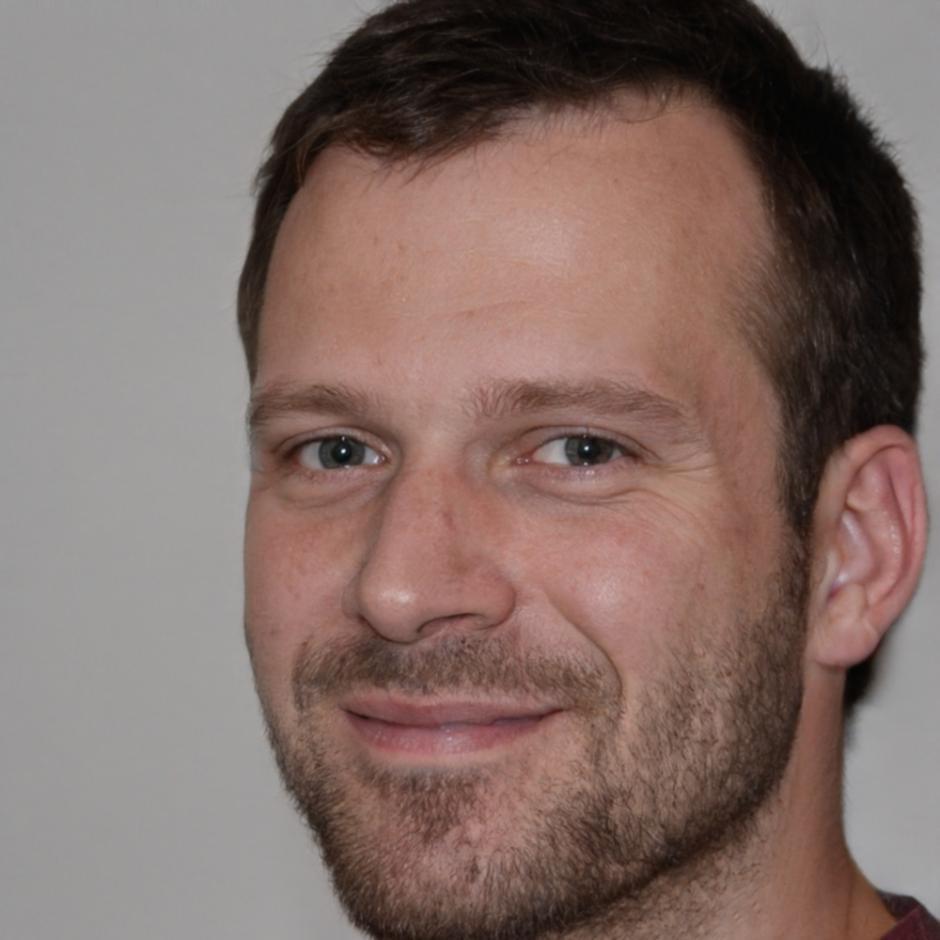Financial Planning That Actually Fits Your Life
Most people don't fail at money because they're bad with numbers. They fail because nobody showed them how to build a calendar that works with their actual cash flow and expenses. We teach practical financial planning through a system you'll use beyond the classroom.
Explore Our Program
Challenges We Address Head-On
Real obstacles that trip people up when managing money throughout the year. And how we help you work through them.
Irregular Income Patterns
Freelancers and contractors often struggle to budget when paycheques arrive unpredictably. Some months are flush, others feel like drought.
Forgotten Annual Expenses
Car registration, insurance renewals, property rates—they sneak up and wreck your budget because you forgot they were coming.
Seasonal Cash Crunches
December holidays, January school fees, Easter travel—certain months drain accounts faster than others, but most budgets treat every month the same.

Why Calendar-Based Planning Works Better
Traditional budgeting apps show you where money went. That's useful, but it's backward-looking. Calendar planning flips the script—it shows you what's coming so you can prepare.
Think about it. Your mortgage doesn't care about your monthly budget. It cares about the 15th of every month. Your tax return matters in July. School fees hit in January and July.
- Map every expected expense to actual calendar dates across the full year
- Identify cashflow gaps weeks before they happen, not after your account's empty
- Build buffer zones around major expense clusters so you're never caught short
- Track progress against realistic benchmarks tied to your actual pay schedule
Our September 2025 intake walks through building this system from scratch. You'll finish the program with a financial calendar customized to your situation, ready to use immediately.
How the Learning Process Unfolds
We structure the program around practical application, not theory. Each phase builds on the previous one.
Foundation Phase
First three weeks cover income documentation and expense categorization. You'll audit your past six months to understand your actual spending patterns—not what you think they are.
Calendar Construction
Weeks four through six focus on building your 12-month financial calendar. We map every known expense, identify gaps, and create contingency plans for the unknowns that always show up.
Adjustment Protocols
Final two weeks teach maintenance and adaptation. Life changes, income shifts, expenses evolve. You'll learn when to adjust your calendar and when to stick to the plan despite temporary discomfort.
Ongoing Review System
After completion, you'll have quarterly check-in protocols. These aren't mandatory sessions—they're self-guided reviews that keep your calendar current as circumstances change throughout 2025 and 2026.

Learning From Real Experience
Caspian Thornhill spent fifteen years as a financial counsellor before developing this program. He noticed the same pattern repeatedly: people understood budgeting concepts but couldn't maintain them past six weeks.
The problem wasn't motivation or discipline. It was misalignment between calendar reality and budget fantasy. Traditional monthly budgets ignore the fact that bills arrive on specific dates, not in neat 30-day cycles.
This program emerged from that observation. It's what Caspian wishes someone had taught him when he first started managing money—before he learned everything the hard way through overdraft fees and missed payments.
Read Full BackgroundReady to Build Your Financial Calendar?
Our next program starts September 2025 in Queanbeyan. Limited to sixteen participants so everyone gets individual attention during the construction phase. Early registration opens in June.